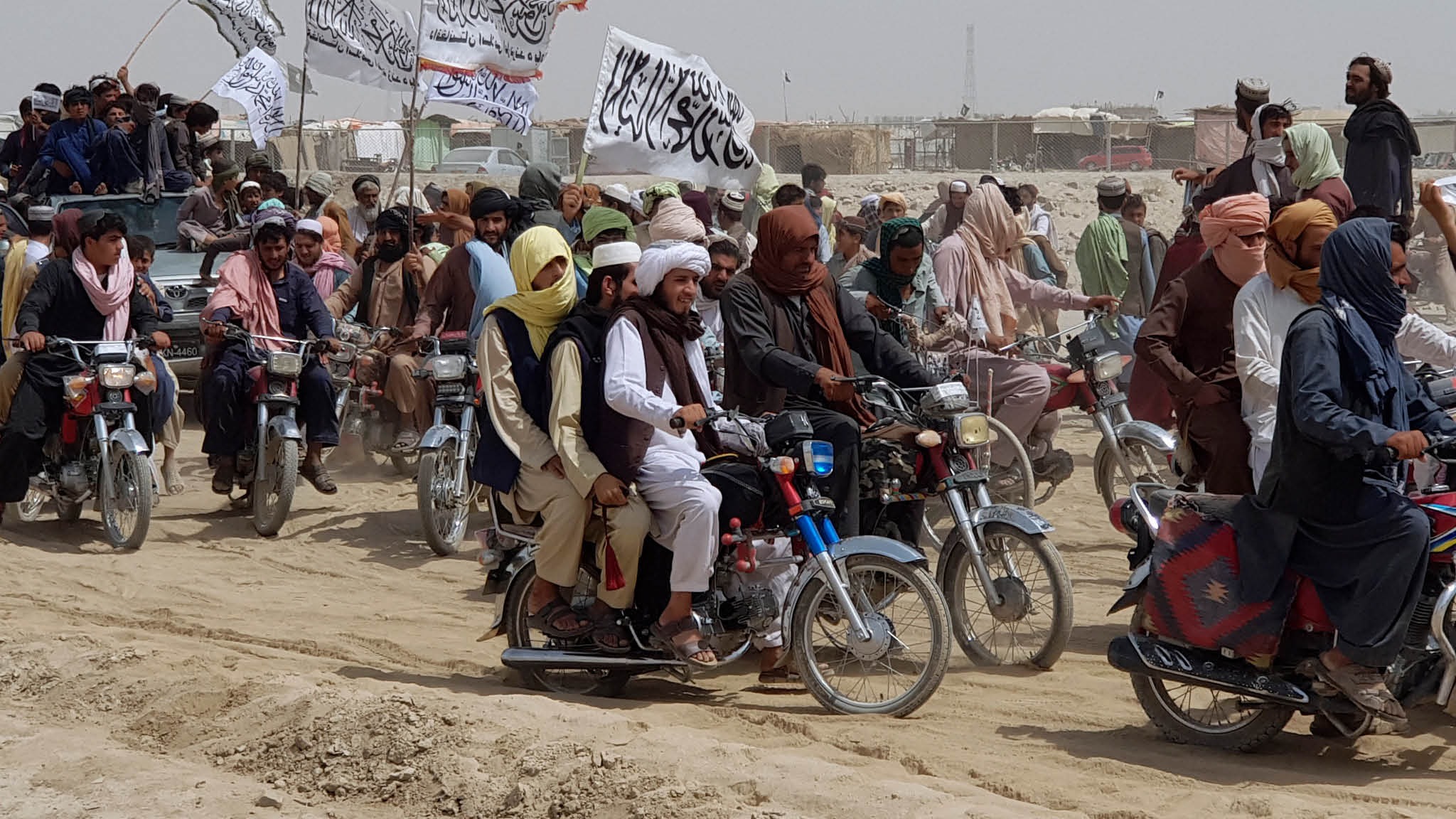- Firstly, the campaign in Vietnam was one thing, the one in Afghanistan was something else. I don’t think they can be compared.
- We don’t know what the initial objectives of the “war” in Afghanistan were. It is very likely that this coalition, formed around the USA, aimed to kill the “terrorist spirit” and that of its exponents. On the other hand, 20 years is quite a lot for this purpose… COVID 19 seemed to be more efficient. However, let’s think about this: Abdul Ghani Baradar, the political leader of the Talibans and possibly the future president, was released from a jail in Pakistan in 2018 at the pressure of the… USA. Now, Baradar is the one that manages the whole situation. Maybe it’s also about eliminating some people and bringing others…
- I put the word “war” in inverted commas because I think we forgot the meaning of this word. “War” means when you cause concentrated destruction actions to an army, implicitly of a nation. For example, “surgical hits” have no place in such a conflict, as “medieval” as it seems. Well, we haven’t witnessed such things in Afghanistan. At some point, a group of militaries in the operation theatres even asked the US President, through a report, to stop the “surgical hits” and allow them to “wipe off” everything in their way.
- Sooner or later, Afghans had to be allowed to “take life in their own hands”. Talibans almost didn’t fire their weapons and, besides 1-2 news about religious abuses, nothing stands out. We can draw the conclusion that the nation wanted a Taliban lead. It is, however, very likely that the population is also wrong and that atrocities start when the West will “forget” about Afghanistan for a while.
- Is anyone talking about the weapon industry and its interests? Do they need a place to run tests by any chance? Have they already found one? Could the pharma industry have earned enough and now its time for others?
- Americans couldn’t have missed the generalized corruption the country was struggling with. See wages given to ghost-soldiers. See money for reconstruction or funds wasted for buying goodwill. It is clear that too little dollars got to those in need. After all, the agreement signed at Doha is signed by Americans and Talibans. Nobody else.
- Neighbouring states, Tajikistan and Uzbekistan, started, at the border with Afghanistan, a series of exercises that look very much like an… invasion. If we think that these countries are allies of Russia, if we consider the sustained contacts between Russia and the Talibans, it seems like the “burden” of the area will soon be taken over by someone else.
- No matter the cause of the 20-year war, NATO-Talibans, Romanian militaries there did not fight and suffer in vain. They helped us honour our duties to an alliance like NATO, contributed to limiting international terrorism. Of course, the parade organized in Bucharest, with the occasion of retreating from Afghanistan, was exaggerated. Just so we pay our respects to those fallen there, in battle. We’ll see in the future to what extent the experience in Afghanistan will be used to create a modern Romanian Army.
- The issue of the potential refugees is an important one but too little brought to the attention of the public opinion. There can be causes related to incompetence or causes yet unknown, related to the American-Taliban negotiations. Anyway, the “bill” seems to be on Europe. Are we talking about “2% NATO contribution”, just spent differently?
I guess there are many things that can be taken into consideration. Failure could consist of the low capacity to anticipate how fast the Talibans could get to Kabul. And here it’s also about the specialized forces of the American army, except CIA or NSA. Or, maybe, Baradar got greedy… All in all, I suspect that issuing of “verdicts” now, impulsively, is a mistake. Everything has to be analysed “in context” and depending on what truly happened there during the last 20 years. One thing is certain: we need to revisit the meaning of a once classic word – war.
(an article by Edward Pastia)
